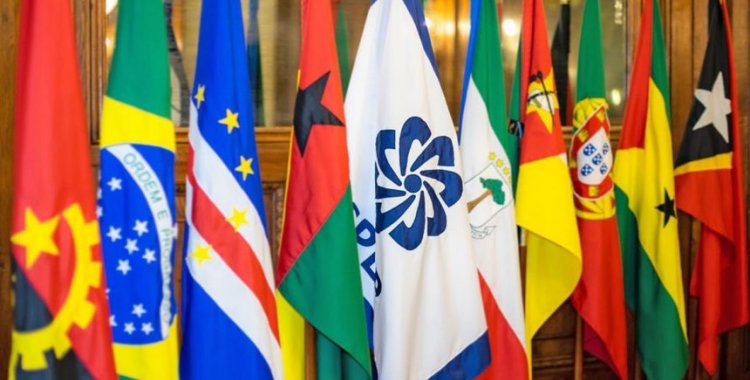"It is clear that member states, just as they can bind themselves to this project [of mobility], in Luanda, [at the summit of heads of state and government], or later, through accession, they can also unbind themselves at any time from the rules established there," said Eurico Monteiro.
The diplomat participated in the third meeting of the CPLP Civil Society Forum, which runs until Friday, in Cape Verde and by videoconference.
"It is the principle of freedom of disengagement," stressed the ambassador, who stressed in his speech the importance of document security to advance the free movement of persons in the community.
Speaking mainly of the "credibility of documentation," Eurico Monteiro explained that the positive condition for a CPLP visa is to be a national citizen of one of the member states of the organization.
Therefore, the confidence that the host state has in the documentation of another member state "is crucial.
The diplomat, as representative of the Cape Verdean presidency in Lisbon, led many of the negotiations of the mobility agreement, approved in the extraordinary Council of Ministers of the CPLP in March, but whose final text was only concluded on May 18, after the last meeting of the technical committee for mobility.
Thus, the proposal for mobility now remains to be approved at the next Summit of Heads of State and Government of the CPLP, to be held in Luanda on July 16 and 17, and the agreement must then be ratified by each of the States, for it to come into force in the respective internal legal systems.
"This project is the result of a long road, with some incidents, advances and setbacks," said Eurico Monteiro.
In his opinion, the proposal "represents an effort of reflection" of what has been done, "the advances, but also some disappointments" of the "difficulties and constraints and fears, and even some setbacks, for almost always legitimate reasons.
"We are equal in the ambition of mobility, but different in political and administrative reality," the ambassador underlined.
And the result of the reflection is a proposal based on two assumptions: "The ambition and political will to make the CPLP a space of mobility for academics, researchers, cultural agents, students, and entrepreneurs, but also for citizens in general," he stressed.
The second assumption "is the recognition that the process is complex and difficult," for various reasons, but especially because these are "countries with their own specificities in terms of political and social reality and also inserted in certain regional contexts," he stressed.
For the Executive Secretary of the CPLP, Ambassador Francisco Ribeiro Telles, the agreement reached between the member states "reveals a strong political commitment to deepening mobility among all" and will allow each member state to freely choose the mode that is most convenient for its legal framework and regional commitments.
With this agreement "we intend to follow a gradual path, including everyone, but accepting the rhythms and possibilities of each one," he said at the Civil Society Forum.
The executive secretary of the CPLP considered, however, "undeniable the intrinsic value of mobility to increase opportunities for training and exchange, for sharing experiences and for the development of mutual knowledge.
Ribeiro Telles also argued that the free movement of people within the community offers "additional opportunities to enhance the common heritage, share values, implement projects and businesses, and even promote and disseminate the Portuguese language.
Referring to the context of the pandemic of covid-19 and its effects, the diplomat stressed that one cannot ignore "the increasing inequalities between rich and poor and the perverse effects they generate on a global scale," or the "rising unemployment rates that drag populations, but especially the younger generation, to social exclusion.
The increase in foreign debt that "leaves the poorest countries even more vulnerable", compromising the future of new generations, was also pointed out by the responsible.
This leads Ribeiro Telles to advocate the urgency of moving "towards a world with more solidarity, more inclusive and more participatory.
For this reason, he pointed out that "it is absolutely necessary to involve civil society in political dialogue" and to develop innovative governance solutions, based on constructive partnerships and with multiple actors, "which allow us to respond more effectively to the concerns of the citizens of the CPLP.
The great flagship of the Cape Verdean presidency was the proposal for the mobility of people within the community, which will be one of the main 'dossiers' of the summit of CPLP heads of state and government in Luanda.
Angola, Brazil, Cape Verde, Guinea-Bissau, Equatorial Guinea, Mozambique, Portugal, Sao Tome and Principe and East Timor are the member states of the CPLP.







